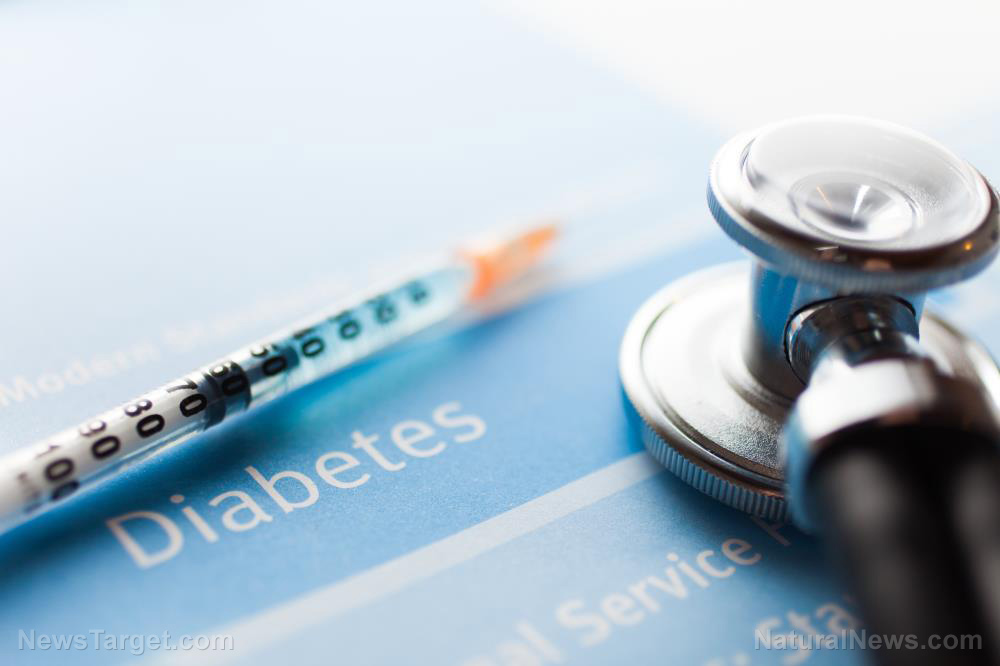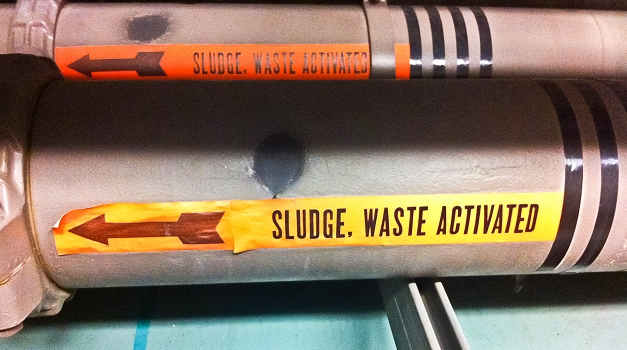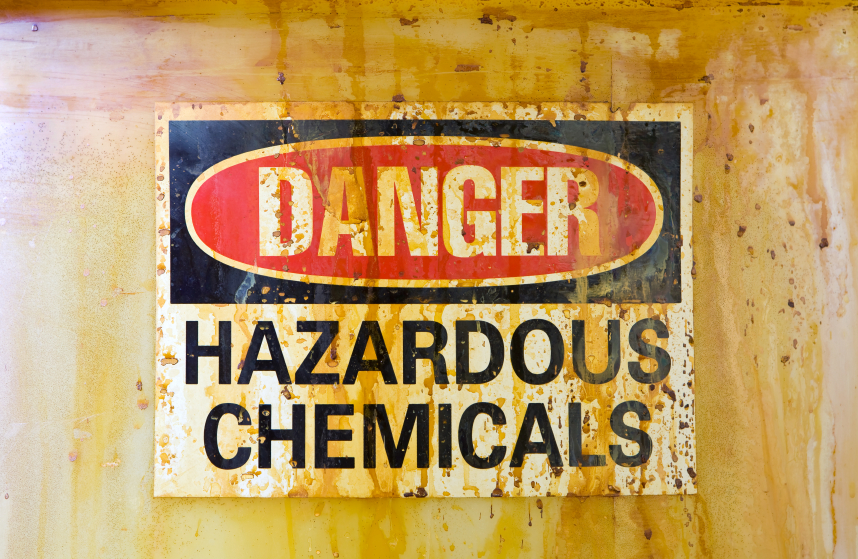
"This was the first thing we learned about cancer patients," said associate professor Lykke Sylow, head of the Molecular Metabolism, Cancer and Ageing Group at the University of Copenhagen's Department of Biomedical Sciences.
The sweet-smelling urine suggested that cancer affects the body's blood sugar level. But how? To answer that question, Sylow and his colleagues compiled the best research on the topic and revealed the hidden mechanism that connects cancer and insulin resistance.
Doctors, specifically endocrinologists, explain that insulin resistance, also referred to as "impaired insulin sensitivity" happens when cells in the muscles, fat and liver don’t respond as they should to insulin. This hormone, which regulates blood glucose or sugar levels, is made by the pancreas throughout one's lifetime.
The body's ability to respond to insulin is impaired in both cancer patients and people with T2D. In cancer patients, the cells do not respond well to the hormone insulin.
According to Sylow, those with insulin resistance need to produce more insulin than usual so that their blood sugar levels are regulated. Their study was eventually published in Acta Oncologica.
Insulin can cause cancer cells to multiply
Aside from the negative consequences of insulin resistance, the condition can also cause cancer cells to multiply. A study published in Trends in Endocrinology and Metabolism associated metabolic diseases with both increased cancer risk and increased cancer-related mortality.
Since insulin is also a growth factor and effectively stimulates cancer cell growth in vitro, excess insulin is assumed to be a cancer-promoting factor in patients.
The study highlighted that in patients with metabolic diseases characterized by hyperinsulinemia (obesity, T2D and metabolic syndrome), the incidence of several types of cancer is increased, as is cancer-related mortality.
Furthermore, insulin resistance can influence the build-up of proteins in the muscles. That is, if the body fails to respond to insulin, it will lose muscle mass and strength, and that is a huge problem for a lot of cancer patients.
All in all, cancer and insulin resistance is a really "bad combination."
Sylow hopes oncologists will begin to check their patients' blood sugar level – even when it appears to be normal because insulin resistance can be hard to spot as the body will simply compensate by producing more insulin.
The next step is trying to determine who develops insulin resistance. Which cancer patients are at risk here? Do they have a particular type of cancer or specific risk factors? Or is it perhaps connected with the treatment?"
Sylow said once those at high risk of developing the condition have been identified, they hope to see more long-term studies of insulin resistance treatment and whether it has a positive effect on the patients.
Warning signs of insulin resistance everyone should be aware of
Signs and symptoms of insulin resistance may vary with each person, but some are very common:
- A body mass index (BMI) of 30 or above
- A family history of diabetes, heart disease, obesity or stroke
- A history of polycystic ovarian disease
- A waistline of 53 inches or more
- Addiction to carbohydrates
- Continuous weight gain even when dieting
- Depression
- Excessive sweating
- Fatigue
- High blood sugar
- High LDL or "bad" cholesterol level – above 130 mg/dl
- High triglyceride levels
- High blood pressure
- Inability to diet
- Increased appetite
- Increased craving for snacks
- Increased hunger
- Intestinal bloating
- Irregular menstrual cycle, especially skipping months
- Lack of concentration or inability to focus
- Low HDL or "good" cholesterol level – below 35mg/dl
- Nausea, headache and anxiety that disappears after taking a meal
- Skin growths, particularly on the breast, chest, groin, neck or underarms
- Sleepiness, particularly after meals
It is important to contact and work with a medical professional if insulin resistance is suspected.
Natural ways to improve insulin sensitivity
The good news is there are natural, science-backed ways to boost insulin sensitivity.
Get more quality sleep. A lack of sleep can increase insulin resistance. Getting more quality sleep can help reverse its effects.
Exercise more and consistently. Regular physical activity helps move sugar into the muscles for storage.
Reduce stress. Ongoing stress keeps stress hormone levels high – stimulating nutrient breakdown and increasing blood sugar.
Aim for and maintain a healthy weight. Losing weight is an effective way to lose belly fat, increase insulin sensitivity and reduce the chance of developing T2D – most especially for those with pre-diabetes.
Eat health-promoting foods. Consuming more soluble fiber, alongside eating colorful fruit and vegetables, can help address insulin resistance. Cutting down on carbs, avoiding trans fats and reducing intake of added sugars also contribute to promoting insulin sensitivity. Certain superfoods – including herbs, spices, green tea and apple cider vinegar – are also of much benefit. (Related: These superfoods can help reduce cancer risk, studies show.)
Try a supplement. Many different supplements can help increase insulin sensitivity, including vitamins C and D, folate, probiotics, magnesium and zinc. As with all supplements, it is always best to talk with a healthcare professional before taking them as they could interact with any current medications.
Learn more about cancer and diabetes at Cancer.news and DiabetesScienceNews.com.
Watch the following video about insulin resistance and the risk of colorectal cancer.
This video is from the Daily Videos channel on Brighteon.com.
More related stories:
Avocados naturally treat leukemia, but FDA and officials deny existence of 'anticancer' foods.
Sources include:
Please contact us for more information.






















